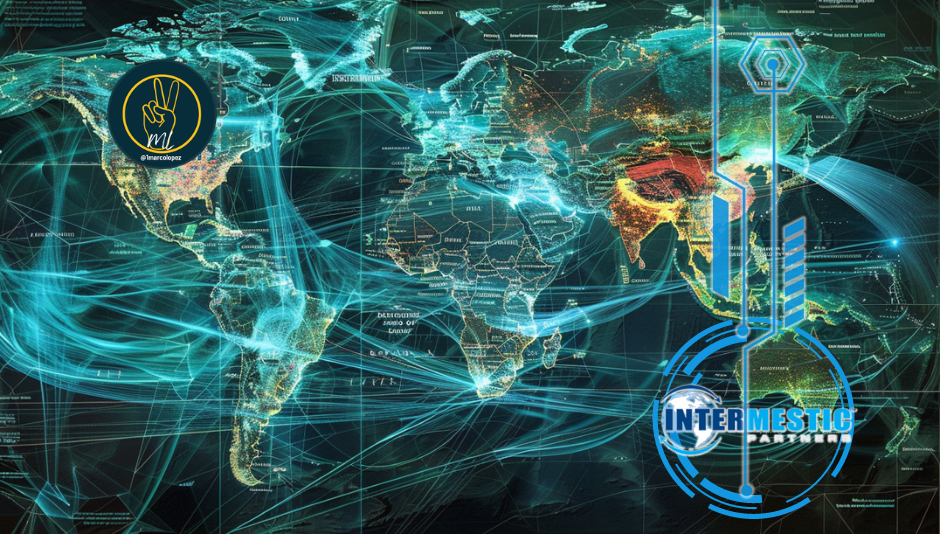
Harnessing Digitalization to Revolutionize Trade Facilitation
- Marco Lopez

- Jun 26, 2024
- 2 min read

Trade facilitation, the process of simplifying and modernizing export and import procedures, is essential for boosting international trade efficiency and fostering economic growth. As technology evolves, digitalization plays a pivotal role in transforming these processes, driving a shift from traditional paper-based methods to more efficient, seamless digital systems.
The Role of Digitalization in Trade Facilitation
Digitalization involves converting information and processes into digital form, leveraging technologies and data to transform business operations. It enhances trade facilitation by enabling efficient data collection, processing, and utilization, streamlining processes, reducing costs, and fostering transparency. Key benefits include improved efficiency, faster transaction times, greater data accuracy, and stronger global integration.
Streamlining Cross-Border Trade through Digitalization
Streamlining cross-border trade is crucial for reducing international logistics complexities and enhancing global market participation. Digitalization addresses challenges like administrative bottlenecks and complex customs procedures through Information and Communication Technology (ICT), Electronic Data Interchange (EDI), and Single Window Systems. These tools promote real-time data sharing, reduce errors, and enhance transparency.
Case Studies of Successful Digitalization
European Union: The EU's Digital Single Market Strategy and Union Customs Code (UCC) have made customs procedures more cost-effective and efficient.
ASEAN Single Window: This regional initiative has reduced the time and costs of doing business, fostering easier and more efficient cross-border trade.
China’s E-commerce: The national Single Window system has expedited customs clearance and reduced administrative costs, transforming cross-border e-commerce.
Challenges and Solutions
While digitalization offers significant benefits, challenges like cybersecurity threats and data privacy concerns persist. Solutions include investing in cyber resilience, developing robust data protection policies, and adapting legal frameworks to accommodate digital practices.
The Future of Trade Facilitation
Emerging trends like blockchain and AI promise further advancements in trade facilitation, enhancing transparency and efficiency. As technology evolves, the future of global trade looks promising, marked by unprecedented efficiency and growth.
Conclusion
The digitalization of trade facilitation is an essential step towards enhancing global trade efficiency. As former mayor of a border city in Arizona, Director of the Arizona Department of Commerce, Chief of Staff at US Customs and Border Protection, and now CEO of Intermestic Partners, I invite you to collaborate with us at Intermestic Partners. Founded in 2011, we specialize in cross-border trade and development, helping businesses navigate this dynamic landscape. Embrace digitalization to streamline processes and drive growth in the global market.
.png)




Comments